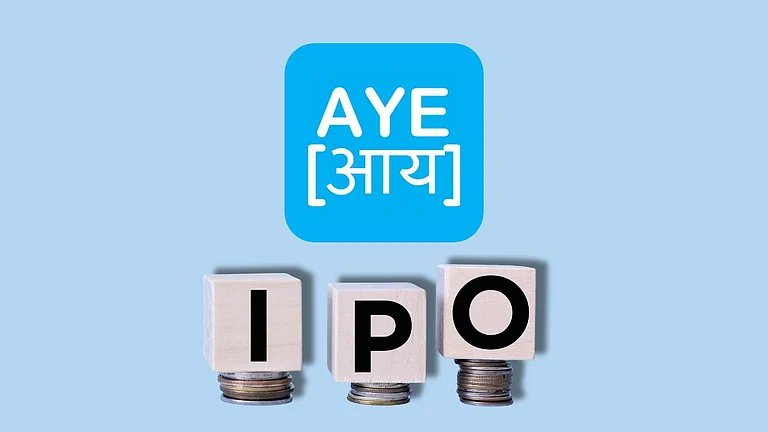The Securities and Exchange Board of India (Sebi) has asked the Alternative Investment Funds (AIFs) to offer direct plans to investors from May 1 in a bid to curb mis-selling and improve transparency. They will now get a modified format of the Private Placement Memorandum (PPM) from AIFs, with information on expenses, etc., to improve transparency.
The template “provides for disclosure” regarding direct plans, AIF fees, such as distribution, placement charges, etc., Sebi said in a press release.
Direct plans exclude commissions paid to distributors, which could reduce investors’ expenses.
Sebi has also barred Category III AIFs from charging any upfront distribution fee from investors. Further, any fees charged by distributors must be disclosed to investors in advance.
AIF & PPM
An Alternative Investment Fund (AIF) is a privately-pooled investment vehicle that collects funds from investors to invest in a defined investment policy for returns. The high net worth individuals typically invest in AIFs, as the minimum investment is Rs one crore.
The Private Placement Memorandum (PPM) furnished by AIFs include information on the investment manager’s key investment team, targeted investors, fees, expenses, the fund duration, redemption conditions, investment strategy, risk management tools, etc.
New Rules
Sebi said, “AIFs shall disclose distribution fee/placement fee, if any, to the investors of AIF/scheme of AIF at the time of onboarding.”
Further, “Category III AIFs shall charge distribution fee/placement fee, if any, to investors only on an equal trail basis, i.e., no upfront distribution fee/placement fee shall be charged by Category III AIFs directly or indirectly to their investors,” it added.
It noted that by doing this, an incentive would be created to review a client’s holdings and offer advice rather than constantly switching funds in view of more commissions. Category III AIFs allow investment in hedge funds and other assets that focus on short-term gains.
“Any distribution fee/placement fee paid shall be only from the management fee received by the managers of such Category III AIFs,” Sebi added.
Category I AIFs, and Category II AIFs may pay up to one-third of the total distribution fee to the distributors upfront. The remaining fees are paid to distributors on a “trail” basis over the fund’s tenure, the release said.
AIFs in Category I allows investment in early-stage ventures, social ventures, small and medium enterprises (SMEs), infrastructure and other sectors that regulators consider economically important. AIFs in Category II allow investment in funds such as private equity, real estate, distressed assets funds, etc.













